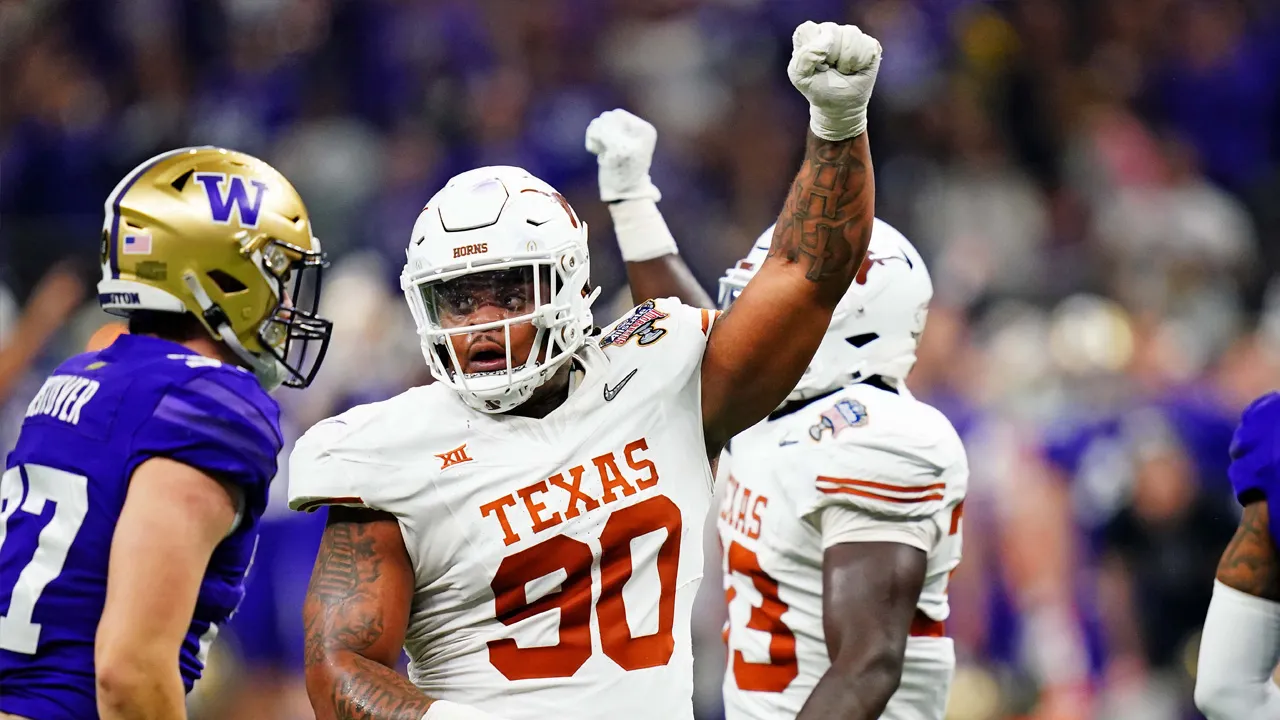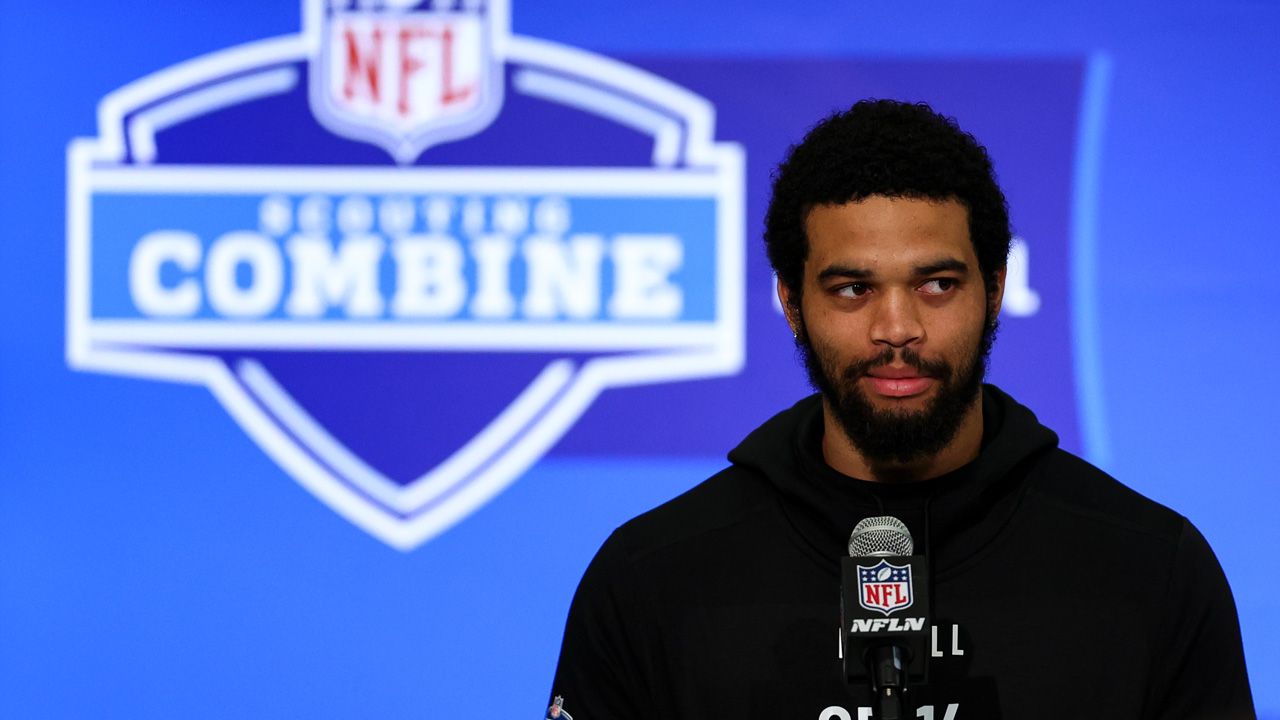
The NHL and NHLPA have yet to make public specifics of the ongoing CBA talks, but RDS' Renaud Lavoie shared some of the owners' first offerings on Friday evening.
Here's a look at the points that Lavoie revealed via his Twitter account. Keep in mind that these were not officially released by the league, so there may be tweaks made.
1. Owners propose that players should reduce their share of revenue from 57 percent to 46, an 11 percent decrease. This means salaries would drop 19 percent.
Stay in the game with the latest updates on your beloved Chicago sports teams! Sign up here for our All Access Daily newsletter.
Money will always be the key issue during any CBA talks. The numbers proposed would be a huge drop for the players, but don't expect the final result to look like this. Donald Fehr has said from the start that during the previous CBA talks in 2004, players consented to the owners, taking a bigger hit than they'd like. This time around, the NHLPA wants a bigger piece of the pie.
2. Owners want players to go through 10 NHL season before qualifying for unrestricted free agency.
This would just about eliminate very lengthy contracts for players (okay, except players like Teemu Selanne who haven't slowed down in their 20 year careers). The current UFA status already has players restricted until they're 27, which already limits a good number of athletes from signing those big deals. But in case that wouldn't do the job, the owners have proposed another point concerning contract length...
3. Contract length limited to five years.
News
Well, all we know now is Sidney Crosby, Zach Parise, Ryan Suter, Jonathan Quick, etc. are in the clear.
4. Salary arbitration... gone.
This would be tough to do away with. Maybe players will have to have more than four years of experience in the NHL before being eligible for salary arbitration, but I can't see it ever going away.
5. Owners want entry-level contracts to last five years, rather than three.
Owners are really looking to save money here. Rookies get the short end of the stick in CBA talks since they aren't there, and this would result in a big financial change for the young guys. The current entry-level player can earn a maximum on 850,000 per year. The average NHL salary is 2.4 million per year, a significant increase from the initial contract.
Sure, some of these details sound a bit outrageous and may make you begin to worry that the upcoming season may not start on time, but it's important to remember that when negotiating, parties start high and slowly work their way to a middle ground.
However at this point, we have no idea how set owners are on these proposals. What are your thoughts on these offerings?


